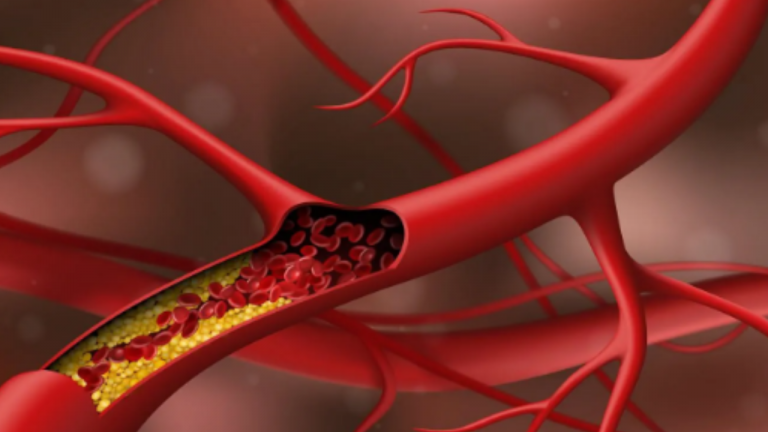What Are The Vitamin D Deficiency Symptoms?

Vitamin D deficiency can manifest with various symptoms, although some individuals may not exhibit any noticeable signs. Here are some common symptoms associated with vitamin D deficiency:
Bone and Muscle Pain: Vitamin D plays a crucial role in calcium absorption and bone health. Deficiency can lead to weakened bones and an increased risk of fractures. Bone pain, joint pain, and muscle aches or weakness are common symptoms.
Fatigue and Weakness: Feeling tired or fatigued even with adequate rest can be a symptom of vitamin D deficiency. Weakness in the muscles, especially in the legs, may also occur.
Mood Changes: Some individuals with vitamin D deficiency may experience mood swings, depression, or a general feeling of sadness. Seasonal affective disorder (SAD), a type of depression that typically occurs during the winter months, has been associated with low vitamin D levels.
Impaired Wound Healing: Vitamin D is involved in the normal healing process of wounds. Delayed wound healing or poor healing outcomes can be a sign of vitamin D deficiency.
Bone Loss and Osteoporosis: Severe and long-standing vitamin D deficiency can contribute to reduced bone mineral density, leading to osteoporosis and an increased risk of fractures.
Hair Loss: Some studies suggest a potential link between vitamin D deficiency and hair loss, although the exact mechanisms are not fully understood.
Weakened Immune System: Vitamin D plays a role in modulating the immune system. Deficiency may result in a compromised immune response, making individuals more susceptible to infections and illnesses.
It’s important to note that these symptoms can also be associated with other medical conditions, so it’s crucial to consult with a healthcare professional for proper evaluation and diagnosis. If you suspect you may have a vitamin D deficiency, a blood test can measure your vitamin D levels and guide appropriate supplementation or treatment under the guidance of a healthcare professional.



